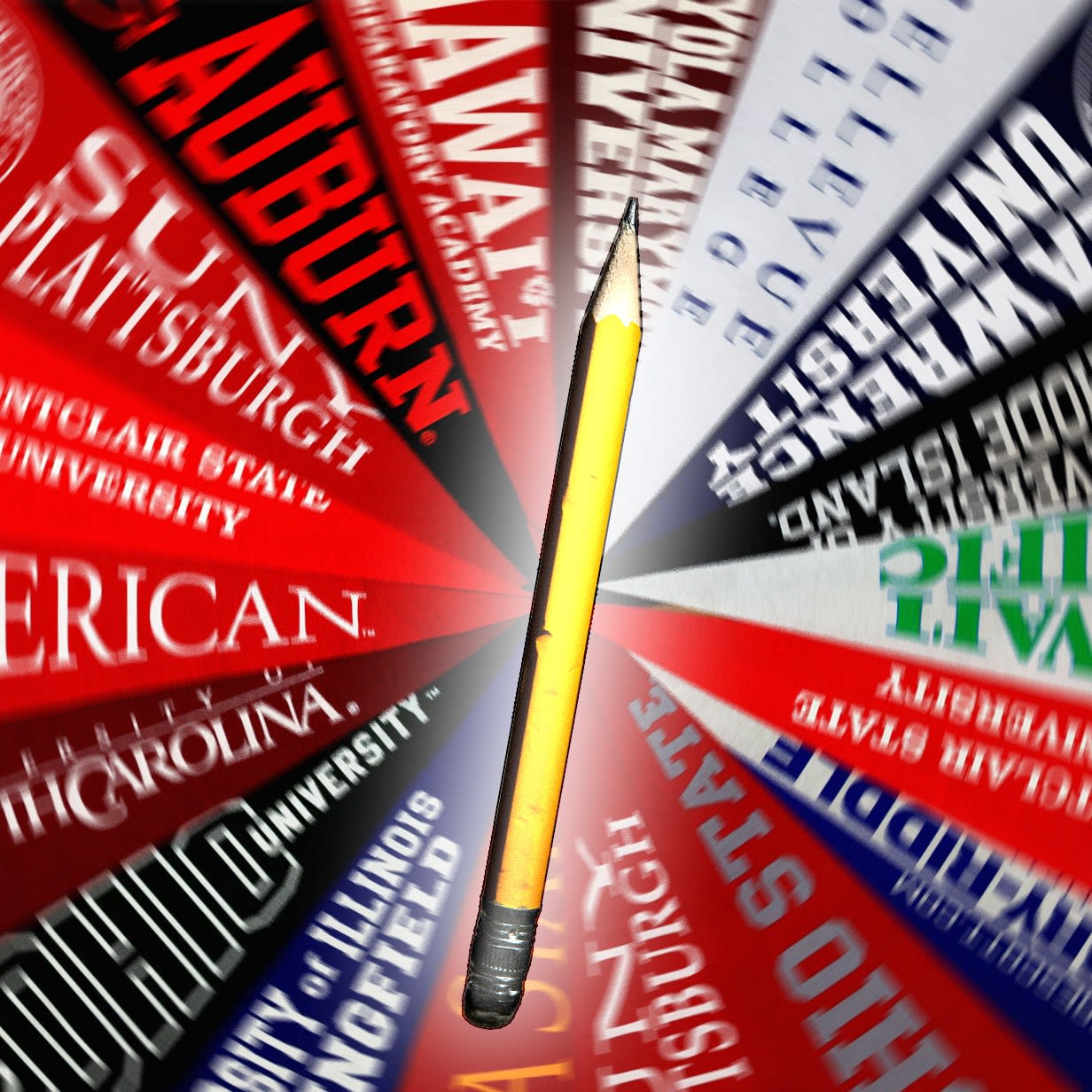Navigating Higher Education: AI Takes the Helm in College Selection
 The Tech Times
The Tech Times
In the ever-evolving landscape of higher education, the task of selecting the right college is increasingly being delegated to artificial intelligence. With the advent of AI-driven tools that can tailor college recommendations to fit a student's unique interests and academic aspirations, the traditional role of college counselors is being redefined.
The Overburdened Counselor
Historically, college counselors have been pivotal in guiding students through the labyrinthine process of college selection. However, with the counselor-to-student ratio in many U.S. schools often exceeding 1 to 400, personalized guidance has become a luxury rather than a standard. Overwhelmed counselors struggle to provide individual attention, leaving many students to navigate this crucial decision with minimal support.
Enter AI: a technology that promises to bridge this gap by offering personalized guidance at scale. These specialized AI tools analyze students’ academic records, extracurricular activities, and personal interests to recommend colleges and fields of study that align with their profiles. Moreover, they can identify potential scholarships, thereby alleviating some financial pressures associated with higher education.
The AI Advantage
The integration of AI into the college selection process marks a significant shift from the traditional methods of career guidance. AI’s ability to process vast amounts of data and provide insights based on patterns and trends offers a level of personalization previously unattainable. Unlike human counselors, AI can work round-the-clock, providing students with immediate feedback and suggestions at any time.
Moreover, AI-driven platforms have the potential to democratize access to college counseling. Students from underfunded schools or those in rural areas, where counseling resources may be scarce, can now access the same level of guidance as their peers from more affluent regions. This technology could play a crucial role in leveling the playing field, ensuring every student has the opportunity to make informed decisions about their future.
A Historical Perspective
The history of college counseling in the U.S. is deeply intertwined with the educational reforms of the 20th century. As college education became more accessible, the demand for guidance in navigating the myriad options grew, leading to the establishment of counseling as a profession. However, as the number of college applicants surged in recent decades, counselors found themselves stretched thin.
The introduction of AI in education isn't entirely unprecedented. Technologies have gradually been integrated into educational settings, from early computer-aided instruction to contemporary online learning platforms. However, the use of AI in counseling represents a more profound shift, as it involves making decisions that can significantly impact a student's future.
The Road Ahead
While AI tools offer promising solutions, they are not without their challenges. The ethical implications of AI decision-making, data privacy concerns, and the risk of algorithmic bias must be addressed to ensure these tools serve all students equitably. Furthermore, the role of human counselors remains vital. AI can augment their capabilities but cannot replace the nuanced understanding and empathy that human counselors provide.
In conclusion, the convergence of AI and education represents a transformative opportunity. As we stand at this technological crossroads, it is vital to harness AI's potential while maintaining a focus on equity and personalized human support. If implemented thoughtfully, AI could revolutionize the way students prepare for their future, making higher education more accessible and tailored to individual needs.
Subscribe to my newsletter
Read articles from The Tech Times directly inside your inbox. Subscribe to the newsletter, and don't miss out.
Written by
